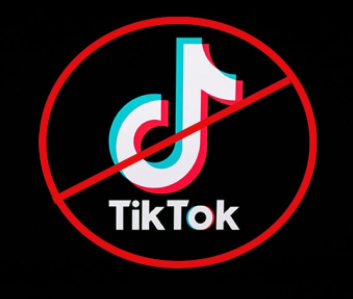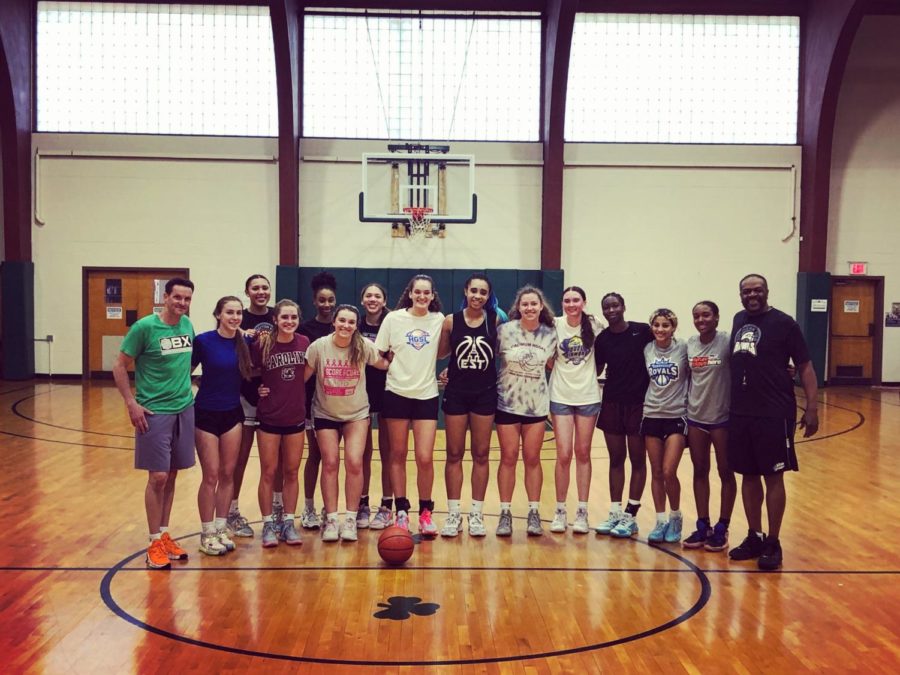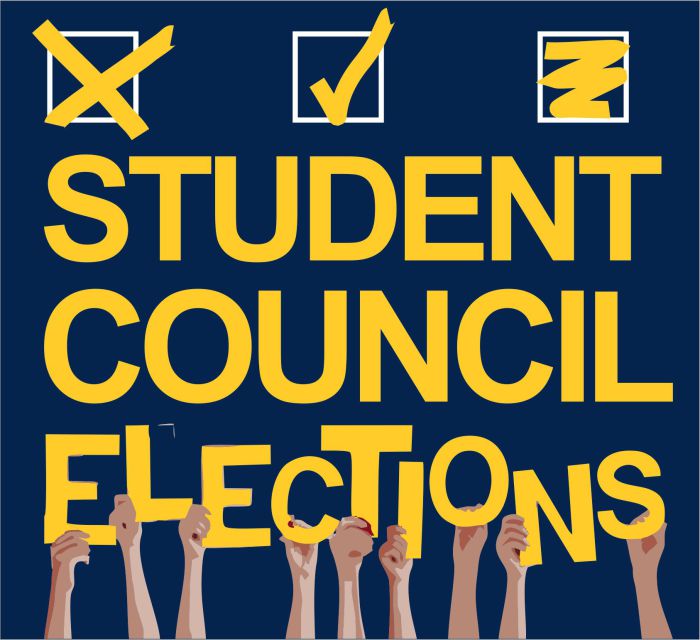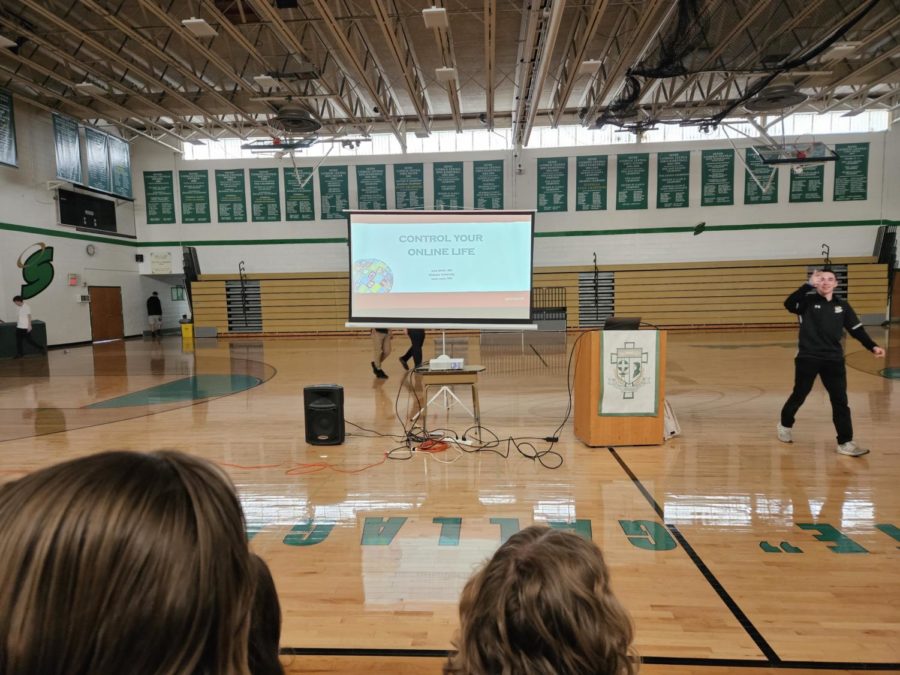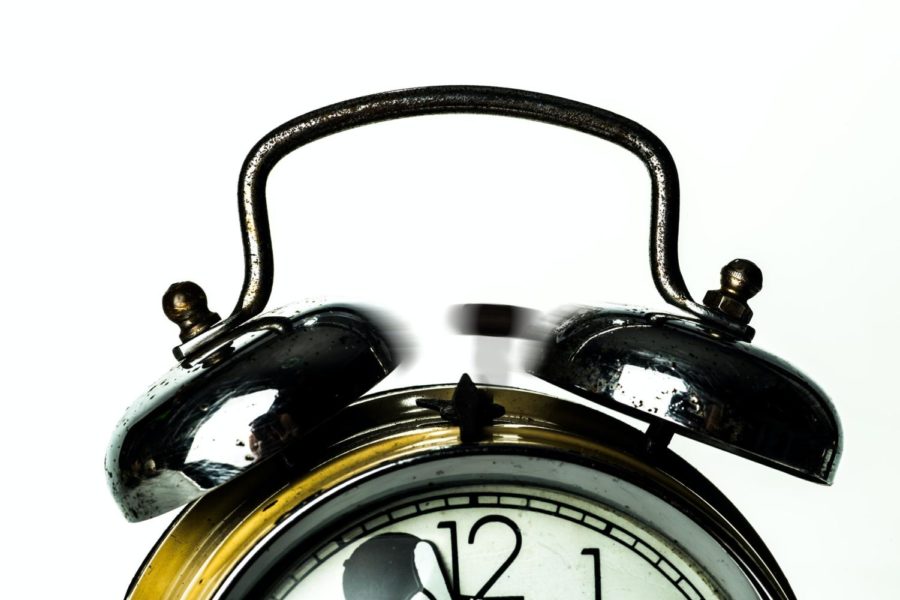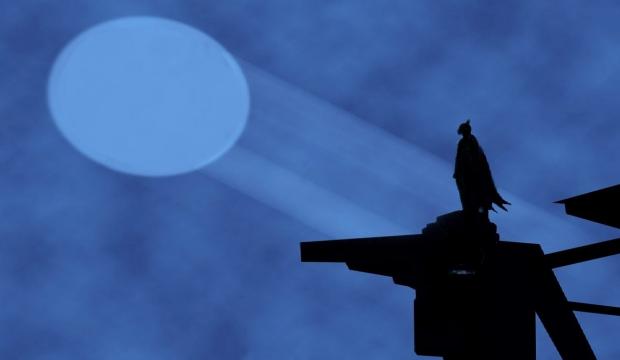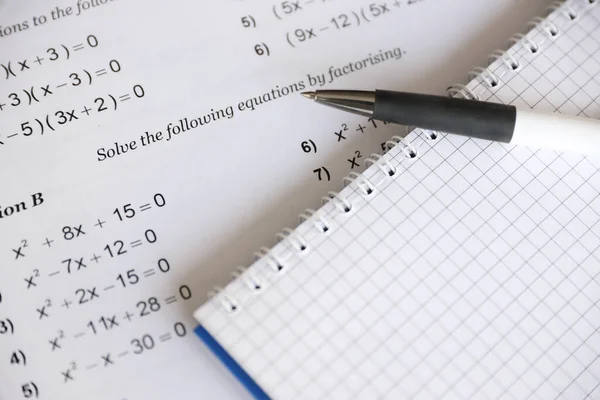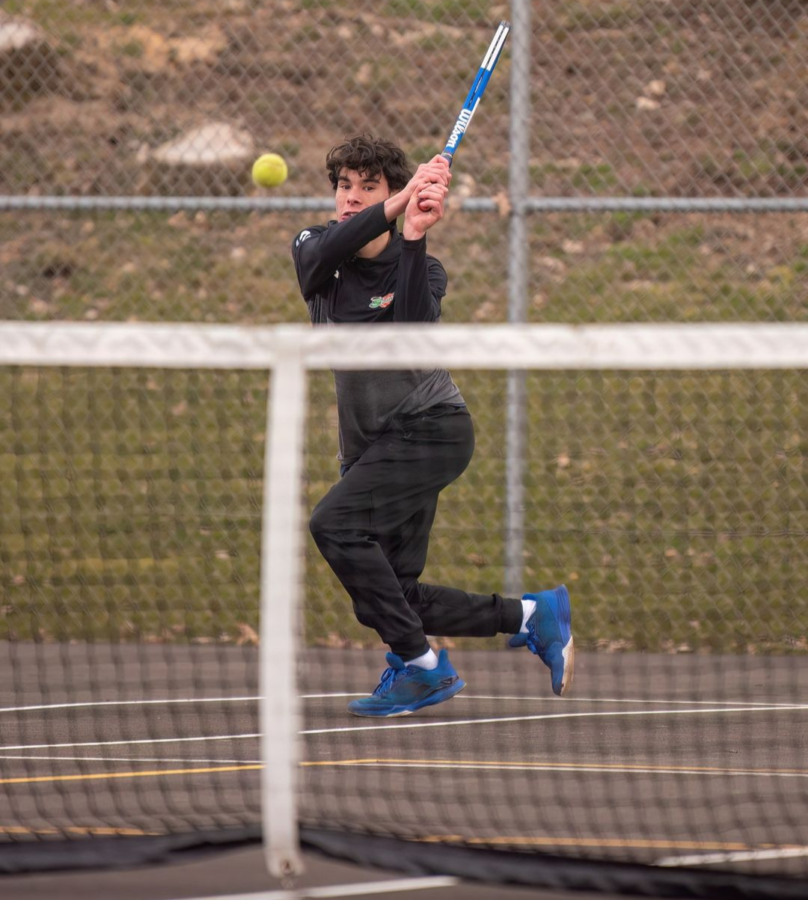Should School Really Start at 8AM? Evidence Points to NO
December 20, 2022
Have you ever felt exhausted when you woke up for school in the morning? Well, it’s likely because you haven’t been getting enough sleep. Doctors often recommend eight to ten hours of sleep each day for the growing minds of high school students. However, most students do not have the opportunity to get that much rest. Whether it’s due to an extracurricular activity, a school project, or studying for a test the next day, the average student is going to sleep anywhere from 11:00 pm to 1:00 am each night (according to the Alaska Sleep Clinic). Teens going to bed at eleven or twelve would be perfectly healthy if they were waking up at eight in the morning. Unfortunately, that’s when first period begins at most high schools, and kids have to wake up as early as 6:30 to get ready for the day. This begs the question: Why not have school start later?

Many would argue that high school students would just go to sleep an hour later on average and get the same amount of sleep anyway. After all, school would also end an hour later, and so would all of the extracurricular activities following it. But this doesn’t necessarily have to be the case, if only schools would rework their schedule to allow students to dismiss at 3:30. This would mean classes would be 3-4 minutes shorter on average. While this would give kids less class time, the added sleep would make the time in class much more productive. As the Sleep Foundation states, “Getting enough hours of high-quality sleep fosters attention and concentration, which are a prerequisite for most learning.”
Another common argument against school starting at a later time is that kids should just go to bed sooner. Problem solved right? Well, not exactly. Studies show that teens are prone to be most active during the later hours of the day, and most tired when they wake up. Adults have the opposite tendencies so it may be hard for teachers and parents to understand this. The reason teens don’t just go to bed at nine instead of eleven is that they are full of energy and would likely just lie awake until their body begins to shut down at a natural time.
A lack of adequate sleep doesn’t just negatively affect kids in the classroom but in all aspects of their lives. Inadequate sleep has been shown to significantly decrease athletic performance and internal motivation, and limit the growth of the mind and body. It seems that most evidence supports the change in class start time, but there are other factors at play. Parents working morning shifts may not be able to start their kids’ days off, and schools have strictly started around eight o’clock in the morning for a very long time. It would also be very difficult to make this a coordinated effort by schools across the country. Nonetheless, as our knowledge of sleep grows, so does our concern about how much of it we’re getting. In a decade’s time, teenagers may be starting school an hour later.



![College of Community and Public Affairs graduates cheering during the CCPA Commencement Ceremony. [Via Daily Photos at binghamton.edu]](https://sccvoice.org/wp-content/uploads/2023/05/Screenshot-2023-05-16-10.50.55-PM.png)


